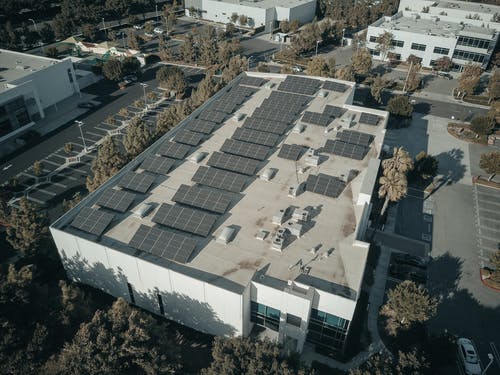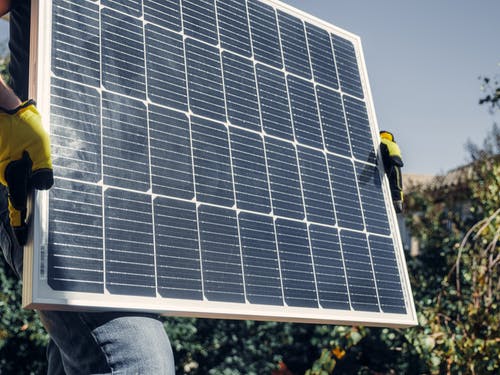The growing focus on ecological footprint and the acceptance of sustainability commitments has resulted in significant increases in renewable energy demand among industrial, commercial, and institutional users. Green energy projects are now much more accessible to commercial energy buyers because to advances in the design of sustainable energy power purchase agreements.
The establishment of new and inventive arrangements known as Power Purchase Agreements (PPAs) that enable for renewable power purchases via big, off-site facilities has been the most significant advancement in business renewable power procurement. The Virtual PPA (Synthetic PPA), the Commercial PPA, and the Utility Sleeved PPA are the three most frequent types of power purchase agreements described in this article.
What Are Power Purchase Agreements for Renewable Energy?
A Power Purchase Agreement (PPA) is a long-term agreement between such a green energy project and an energy buyer wherein the buyer commits to buy the project’s electricity at a predetermined price for the duration of the agreement. Previously, renewable power PPAs had periods of 20 years, but to fulfill consumer demand, tenors have been reduced to 15, 12, and sometimes even 10 years.
What Are PPAs And How Do They Work?
A third party supplies the initial investment to finance for the development and receives a contractual long-term income stream from the electricity buyer, as well as all other potential incentives, within the PPA framework. Despite having to put up capital to create the project, the commercial energy buyer obtains a set rate for energy, typically at a savings to what they have been already paying.
Retail PPAs, Virtual PPAs, and the Utility Green Tariff Plan are three different forms of solar power purchase agreement to really be aware of.

What is a Virtual PPA (Synthetic PPA)?
The Synthetic Power Purchase Agreement (VPPA), also referred as a synthetic PPA, is a contractual structure wherein a buyer (or off taker) commits to purchase the project’s renewable power for a set price whereas the project obtains the market price. If the set VPPA price is higher than the real market price, the program reimburses the off taker for the shortfall.
The project firm keeps the excess if the current price is higher than the VPPA value. A VPPA acts as a financial buffer against fluctuating electricity costs in this manner. In a Synthetic PPA, the buyer gets the Renewable Characteristics of the venture but it does not get physical transfer of the energy. The buyer/off taker keeps buying electricity from their local power company.
What Is the Difference Between a Retail, Direct, And Sleeved Power Purchase Agreement?
The Retail PPA would be an offsite power purchase agreement model that is currently in operation. This structure, also known as a “Direct PPA” or “Sleeved PPA,” works well in deregulated power markets where users have retail options, such as Maryland. The buyer establishes a power purchase agreement with its own retail electricity provider and receives both supply and ownership to a project’s power under this arrangement. The advantage of this arrangement is that the retail electric provider assumes the marketplace risks connected with wholesale energy, while the client receives a fixed energy price.

What Is a Green Tariff Plan for Utilities?
A utilities green tariff plan is another type of Sleeved PPA that has gained traction in regulated energy markets during the previous year. PPA sleeving programs are typically set up through the tariff structure of a regulated utility.
The company offers consumers renewable power through a “Green Tariff,” which was approved by the state regulated utility authority. With a Sleeve PPA, the utility bears the entire market price risk and provides renewable power and, in many circumstances, Renewable Energy Credits (RECs) to the consumer for a fixed charge, similar to the Retail PPA.





